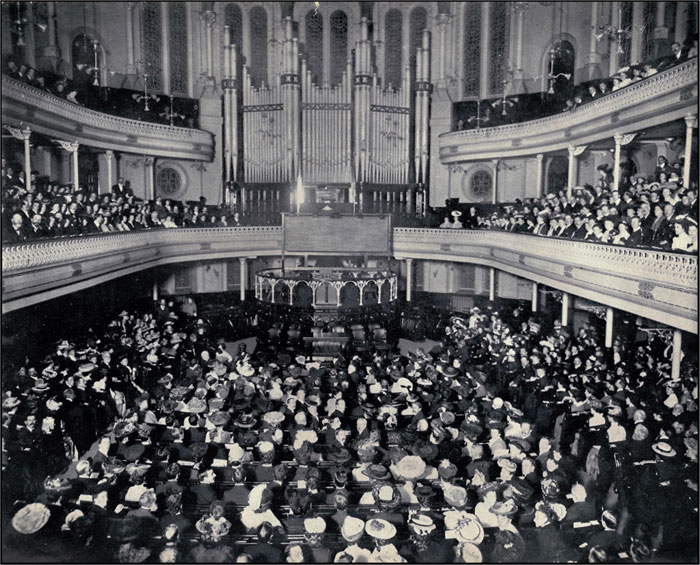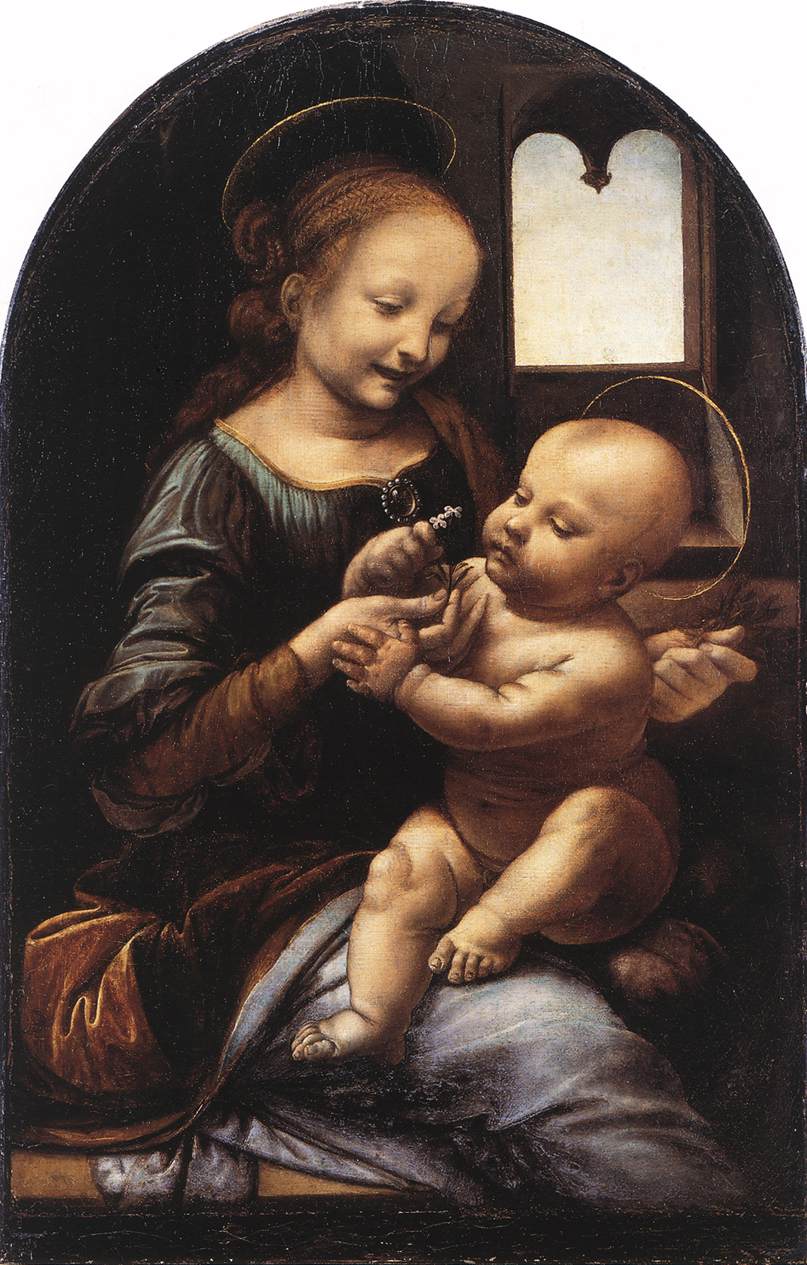About Moses
Messengers of God is giving me much food for thought in its chapter about Moses. Wiesel draws from other texts besides our Bible, texts like the Midrash and the Talmud that I’m unsure how to evaluate. But the resulting insight into Moses squares with such scripture as I have read–and been puzzled by.
Moses’s anger has bugged me. This is something I’ve noticed lately in some supposedly anointed church leaders: they (seem to) get mad at their sheep, instead of tending and feeding them gently. As I try to understand and work through my own–paralysis? lack of desire to do anything more than sit in a pew?–in my search for a church, this “Mosaic anger” is something I’m trying to understand. Moses lost his temper early on, when he killed the Egyptian. Then he threw a fit when he came down from the mountain, and broke the Ten Commandments. Then he hit the rock with his staff, and God finally disciplined him. When it came, the discipline was severe: “You shall not see the Promised Land.” That’s not a slap on the hand. It’s almost the equivalent of stripping Moses of his leadership role. Moses had hung onto anger as a lens for seeing life, and as a way of making others do what he wanted (via theatrical displays), for too long. He’d unfit himself as the leader into a new phase.
But… why was this root allowed in Moses for so long? I’m not throwing stones; I understand it takes a long time to work through our fleshly “nervous system.” But there is a side of me (a big side) that thinks a leader, especially one as significant as Moses, should be called to a higher standard, a steeper learning curve, something. What about the sheep? While the shepherd is working his way through his issues, the effect can be severe.
Anyway, in Messengers of God Wiesel looks squarely at this anger in Moses and helps me to flesh him out as a human being. He points out that after Moses risks everything to identify with his Jewishness as a young man, he (schizophrenically) leaves Egypt and is quite content to forget the Jews as he marries and raises a family. He totally leaves behind his inner social avenger. He sheds his concern with the Jews’ enslavement, marries the daughter of a pagan minister, and enters a totally separate life…. till God calls him (at which point he resists strenuously, not wanting to go back).
Wiesel suggests that this is because
Moses was disappointed in his Jews, and on several levels. They had not resisted, nor had they agreed to rebel… He may have resented their inability to overcome their internal differences and unite against a common enemy; there was too much pettiness, too much envy, too much selfishness. And then, too, they had betrayed him, their benefactor; for that there had been a betrayal, he had no doubt. But who had been the informer? Well, let us see. When Moses had killed the Egyptian overseer, who else had been present? Only one man: the very Jew whom Moses had saved.
I can relate to this. He had thrown his whole heart into something unselfish, and it hadn’t even registered with the people he was trying to help. They’d even betrayed him. Ouch.
So now I can understand better how that anger in Moses fits into the texture of his relationship with God and his calling as a leader. But lest I sound too hard on the Jews, I have to say that I understand how they feel too. I’m sure there was damage done to them by Moses’s character, and that injury is part of what made God yearn for Moses to change for so long. Speaking as a “sheep” myself, I’ve recently had the experience of trying to survive and grow in a church where I felt I had to protect myself from leadership, and the effect was that I grew a tough protective crust that had nearly cut off my supply of spiritual light and air by the time I got out of there. So how do I “marry” the two viewpoints–Moses’s and the Jews’? Where do I carve a path between both sides’ justifiable sense of injury?


